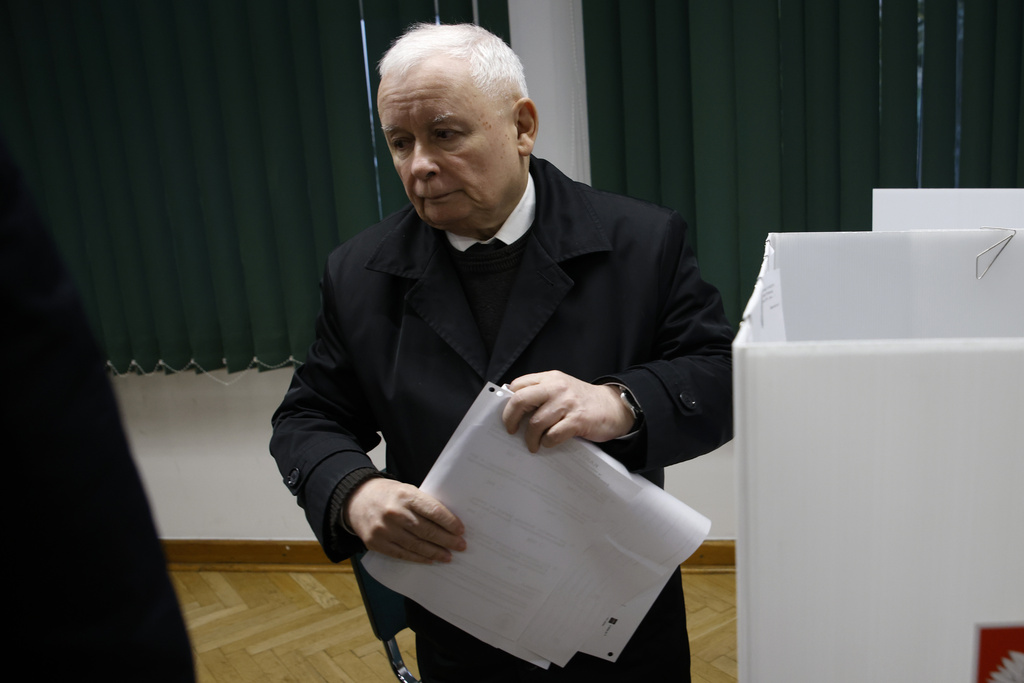Marcin Mastalerek, the chief aide to Polish President Andrzej Duda, has not minced words about the Law and Justice (PiS) election campaign and has said that the leader of the party, Jarosław Kaczyński, must bear full responsibility.
Mastalerek said that Kaczyński himself had insisted that the responsibility for the result lies with him and added that, in democracies, leaders take credit for election victories but they also have to accept responsibility for defeats.
The president’s chief aide told the commercial TVN network that an honest analysis was needed rather than factions blaming each other.
Polish media has reported that the parliamentary caucus of PiS will be led by Kaczyński’s trusted right-hand man and outgoing Defense Minister Mariusz Błaszkak, and that the outgoing Speaker of Parliament Elżbieta Witek will be the party’s nominee for the post of deputy speaker in the new parliament. This move is dictated by a desire for consolidation and unity rather than any significant change.
According to leading political analyst, Marcin Palade, this is a mistake, as the party needs to be reformed and tired old faces replaced with fresh blood. The party also needs to reduce the influence of radicals and nationalists if it wants to have a chance of returning to office.
Palade believes that PiS is staring down the barrel of being defeated over the next 18 months in three different elections: local government, European parliamentary, and presidential elections.
According to him, the next few months will show if PiS is capable of living in reality rather than denial. The party “must get out of its patriotic bubble” or it will be toast in the upcoming election campaigns, he warned.
Palade, however, thinks that there is little enthusiasm for change in the party because its parliamentary caucus is dominated by the old party apparatus and is resistant to any change that could reduce its influence on the party.
Since real power will be gone, the conservative old guard at least wants its status to be protected. The trouble is that this will mean the party is destined to remain in opposition with a loyal hard-core electorate, which will not be enough to regain power.





